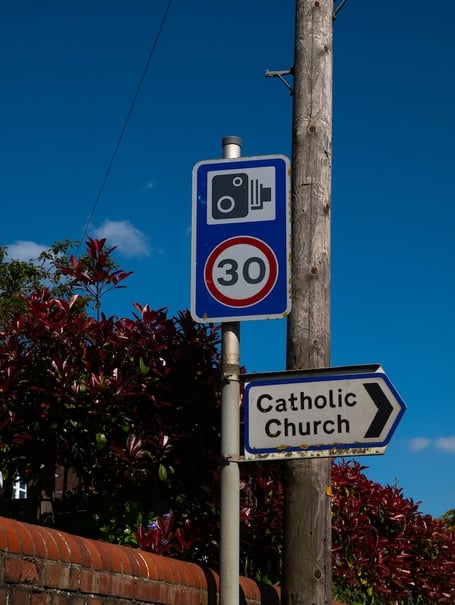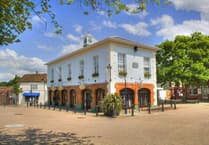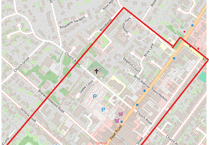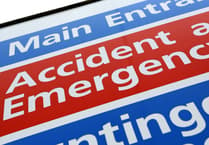Back in February, when this year’s budget was set, I announced 12 new projects that would tackle some of the biggest issues people are currently facing.
We set aside £350,000 to help fund a dozen great new schemes, ranging from advice on dealing with the rising cost of living to providing community buses to help people get about, and from swimming lessons for children to support groups for older people.
My fortnightly column in the local press gives me a perfect platform to update you on each of these plans and let you know how you may be able to benefit from the help they offer.
The first project is something that is close to a lot of people’s hearts – and that is speeding.
There is almost nowhere in East Hampshire that doesn’t suffer with cars travelling dangerously fast along otherwise quiet residential roads.
Some speedsters will race past pinch-points, parked cars, school gates and blind corners without a second thought for the safety of other road users.
And it’s not always drivers from out of town who are the issue – it is often locals, who know the roads so well they carelessly allow their speeds to creep up.
I hear horror stories of speeds of 70mph or 80mph through 30mph zones. Understandably, residents want to see some action taken.
So what’s to be done? The police can’t be expected to be everywhere all at once with speed traps, so what can we do to help address the problem?
The answer is in technology and willing volunteers. East Hampshire District Council has set aside enough money to pay for 20 sets of high-tech speed cameras that can be fixed in location and watch the roads day and night.
Run by local community groups, these cameras collect data that can be shared with the police, giving them a clear picture of when traffic speeds are highest, when traffic is heaviest and who the serial offenders are.
They can use the information to build up their own understanding of traffic speeds, identify the hot-spots and back up residents’ complaints with hard facts.
The cameras are discreet, solar-powered and easy to use. They can be set up on signposts or street lamps and, provided your preferred locations are approved by the Highways Authority and the police, they are quick to install and ready to record.
When I launched my 12 priority projects in February our original provision was for ten sets of cameras – two or three cameras are required in each location.
There was so much interest I doubled the tally to 20. We are now working with 18 town and parish councils who have come forward to show their interest. If all goes well with the admin and approvals, they will be able to take possession of their cameras at the end of the summer.
That just goes to show how much of an issue speeding is. There’s barely a village in the district that isn’t affected.
There’s enough in the budget we have allocated for this project for two more sets of cameras, so there’s still time for those parish and town councils that have not yet come forward to do so.





Comments
This article has no comments yet. Be the first to leave a comment.